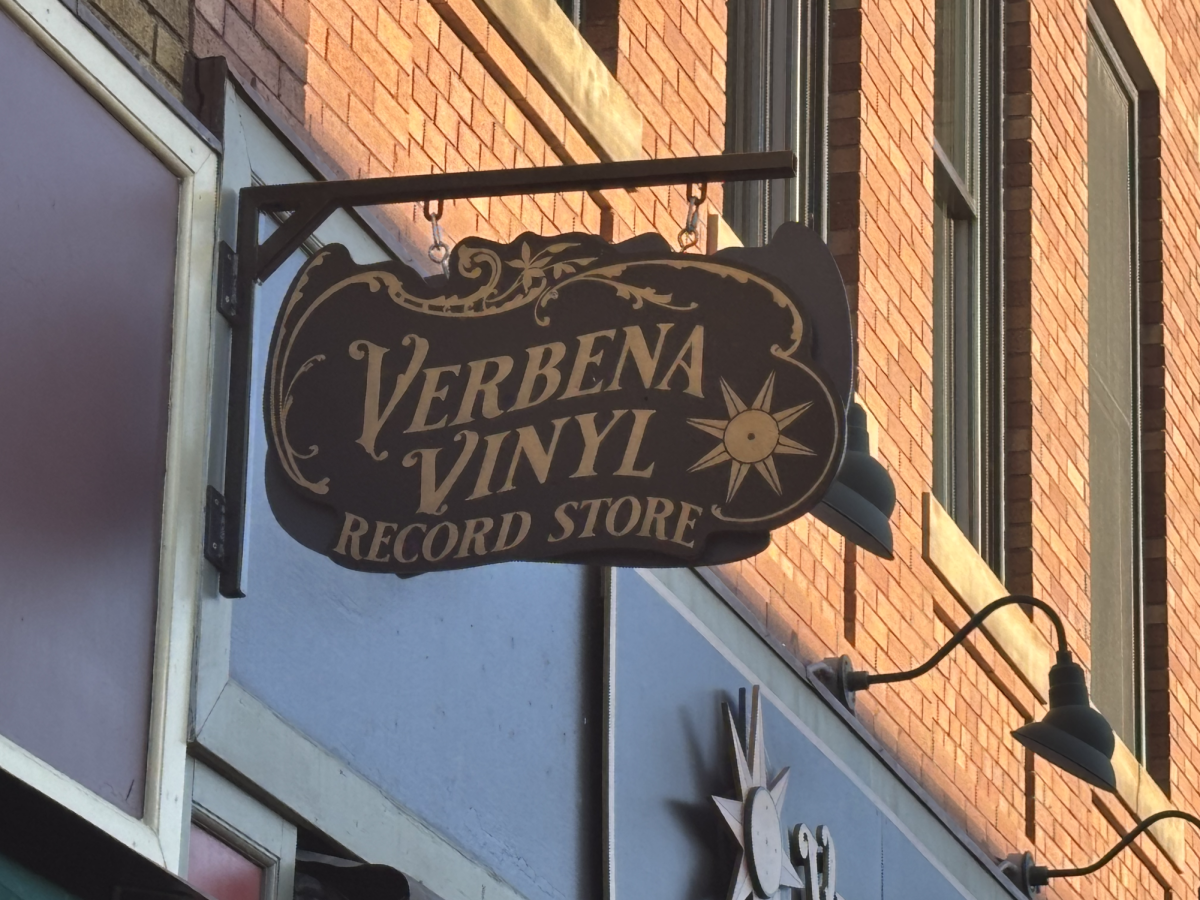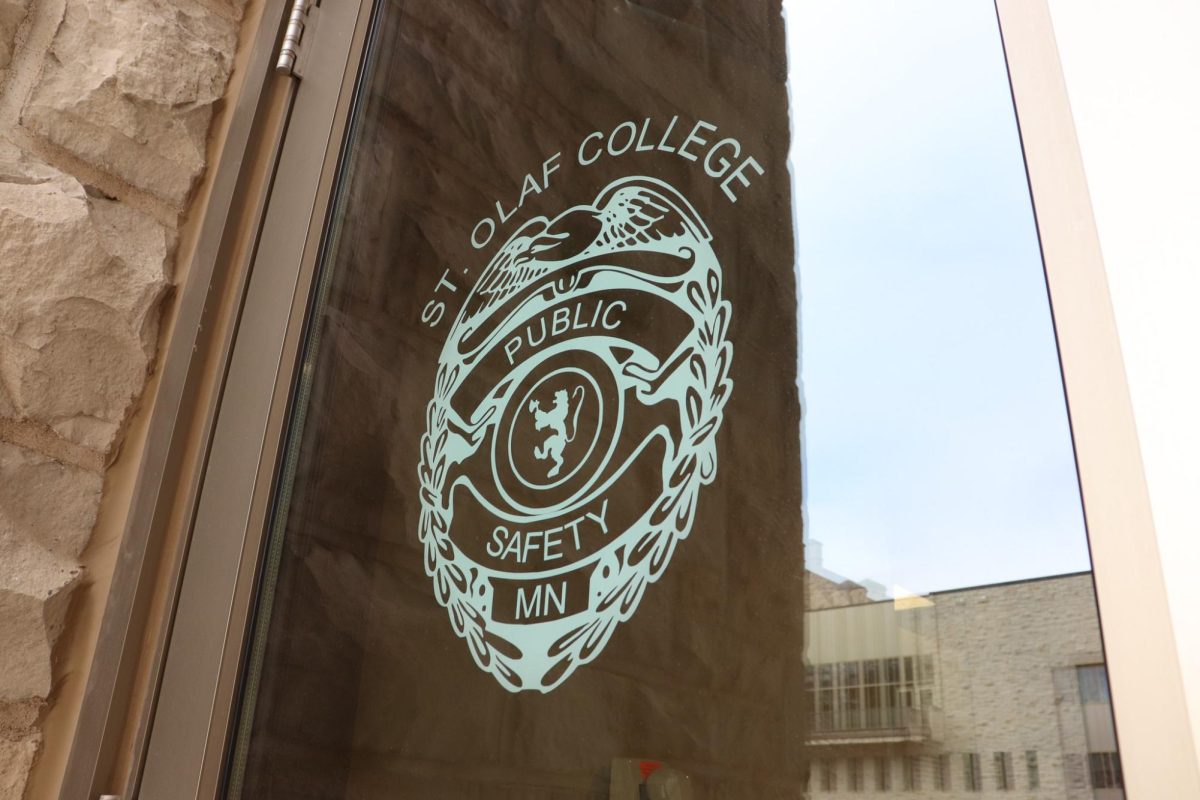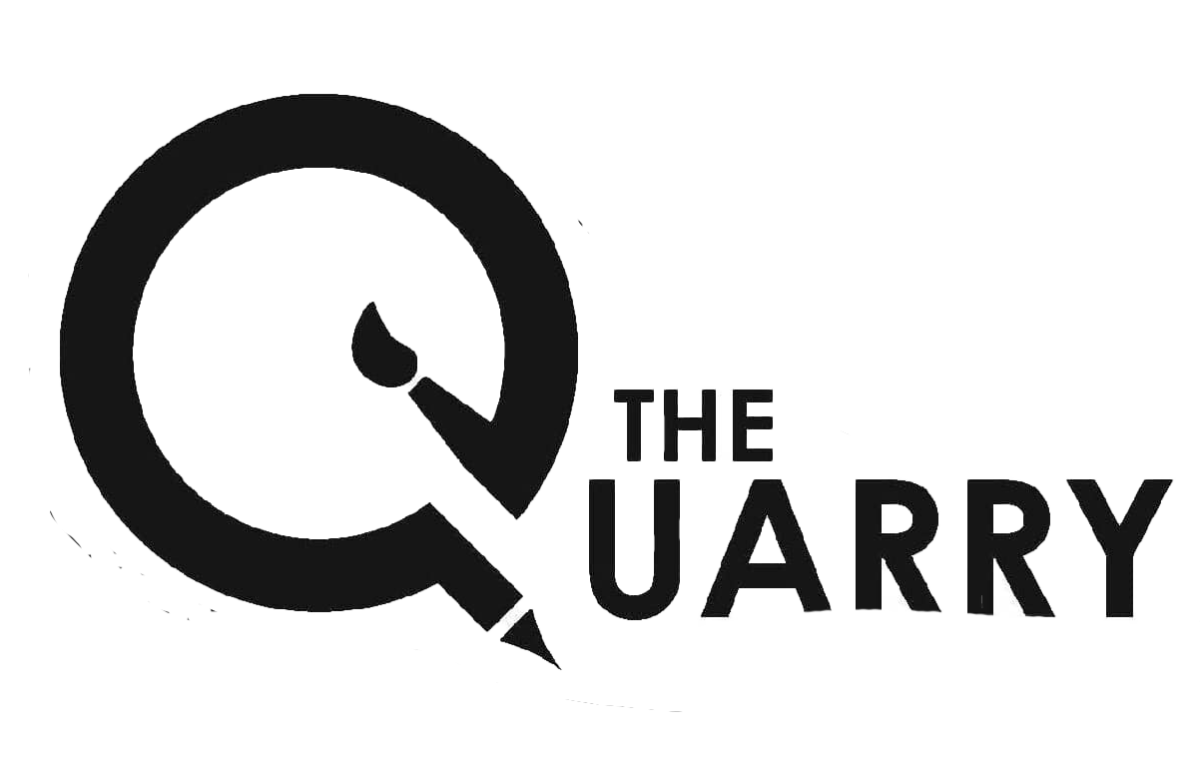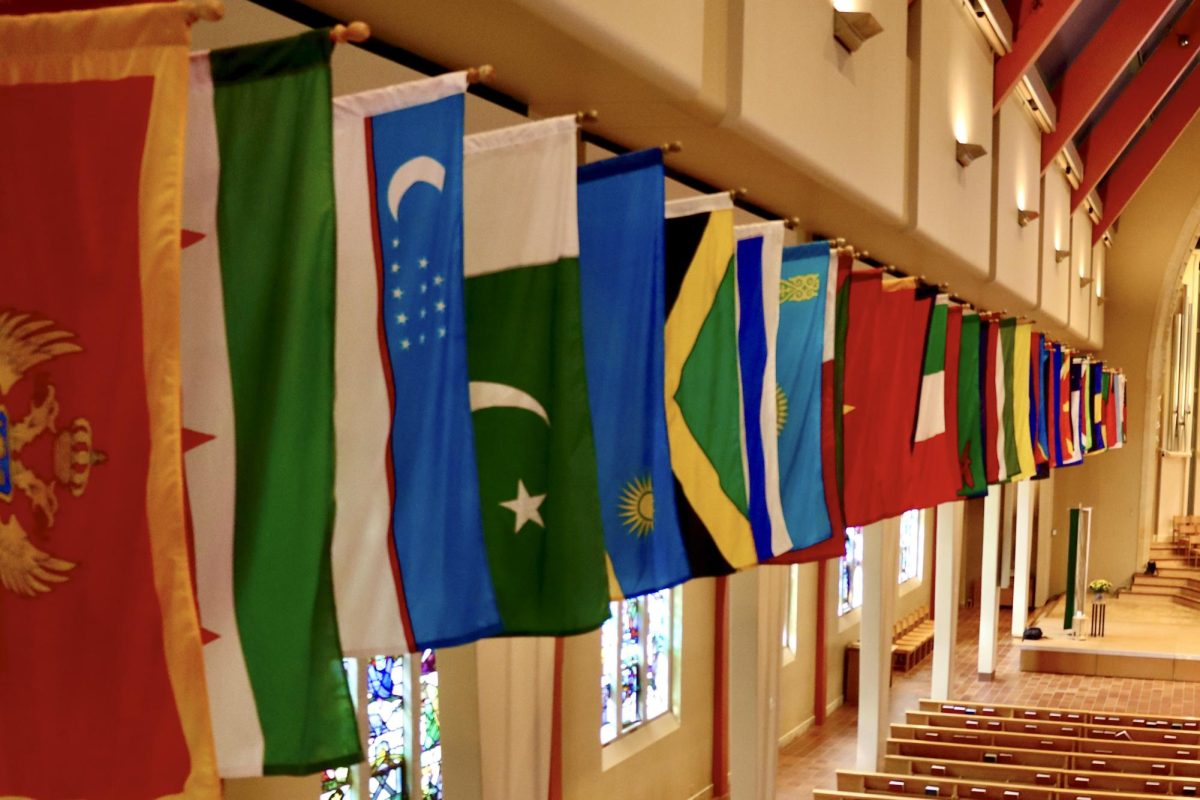On March 1 and 7-9, honored peacemakers gathered in Minneapolis with scholars and students in the only Nobel Peace Prize forum held outside of the award’s hometown in Norway. They sought to “inspire peacemaking by celebrating the work of Peace Prize winners,” as expressed on the forum’s website. The theme of this year’s forum was “Crossing Boundaries to Create Common Ground.”
With this central mission, the convention brought together philosophies of law, business, justice and resolution in order to educate students on how to establish peace and to provide a discussion about how humanity is doing in relation to this goal. The conversation included two 90-minute breakout sessions sandwiched between two keynote speakers, creating time for groups to debrief and discuss ideas.
The four days were broken up into categories. Day one was about the interaction of peace and faith. Day two covered the intersection of law and business. Day three featured science and health, and day four carried the broad title, “Global Day.”
Underlying all four days were some resounding ideas, for example, “how as an individual I can actively engage with social reform and be a peacekeeper” or “what role medicine can play in creating equality,” according to Nathan Detweiler ’16, a St. Olaf College Peace Scholar.
The 2013 St. Olaf Peace Scholars, a group of four students, helped organize the forum and introduced speakers. The three upcoming 2014 Peace Scholars also attended the event.
Another St. Olaf Peace Scholar, Buay Jacob Tut ’14, described the forum as an inspiring experience.
“The forum was not just a ‘sit and listen’ event. Instead, it inspired individuals to develop their own understanding and stirred a fire within to do something.”
Although many of the speakers were Americans, the forum featured His Holiness the Dalai Lama, who represented Tibet, and Leymah Gbowee for Liberia. These two Nobel Peace Prize winners bookended the event, helping to remind attendees that peace is not only a national idea but also a global one.
The forum sessions were also streamed live on Google Plus, allowing even more international voices to join the discussion. Last year’s forum attracted 6,000 in-person attendees as well as nearly 70,000 livestream views from 53 different countries.
Each speaker varied in topic, with certain individuals explaining their organization’s work or their own past efforts to cultivate peace. Others highlighted unresolved conflicts that will have to be addressed in order to obtain the final goal. The diversity of the presenters also added to the experience. Buay Jacob Tut ’14, another conference attendee, appreciated thevariety, “from the Dalai Lamma’s humility, to Sister Helen Prejean’s insightful, compassionate, yet powerful conviction to Lymah Gbowee’s touching words of inspiration and acknowledgment concerning the current humanitarian crisis in my home country of South Sudan.”
The Dalai Llama, perhaps the biggest name at the conference, said, “The hallmark of genuine compassion is a sense of concern, meaning the readiness to sacrifice oneself for and concern oneself with the other.”
Still others sought to define the word “peace.” According to Detweiler, Doctor Bremmer said “Peace is when I’m able to live the life that I desire without encroaching on others being able to do the same.”
Beyond variations of technique, each speaker worked to provoke thought about global priorities, ranging from the role of medicine to the high amount that Americans spent last year on Viagra.
The significance of the forum lay both in its purpose and in how it balanced responsibility, hope and celebration to work toward a peaceful future.
“This forum is so important because it highlights areas of extreme suffering while suggesting ways that we can heal them as humans,” Detweiler said. “The forum is not a panacea, but rather it affords us hope.”
With its inspiring leaders, international outreach and inclusion of all scholars with interest, the forum set a memorable standard.
“I’ve long been fascinated by the many different approaches to peace-building evident throughout the world; this forum became a nexus for discussion about social responsibility and justice as well as covering broad topics like commercial activism and public health,” Detweiler said. “The speakers were all illuminating and had very pragmatic advice.”





